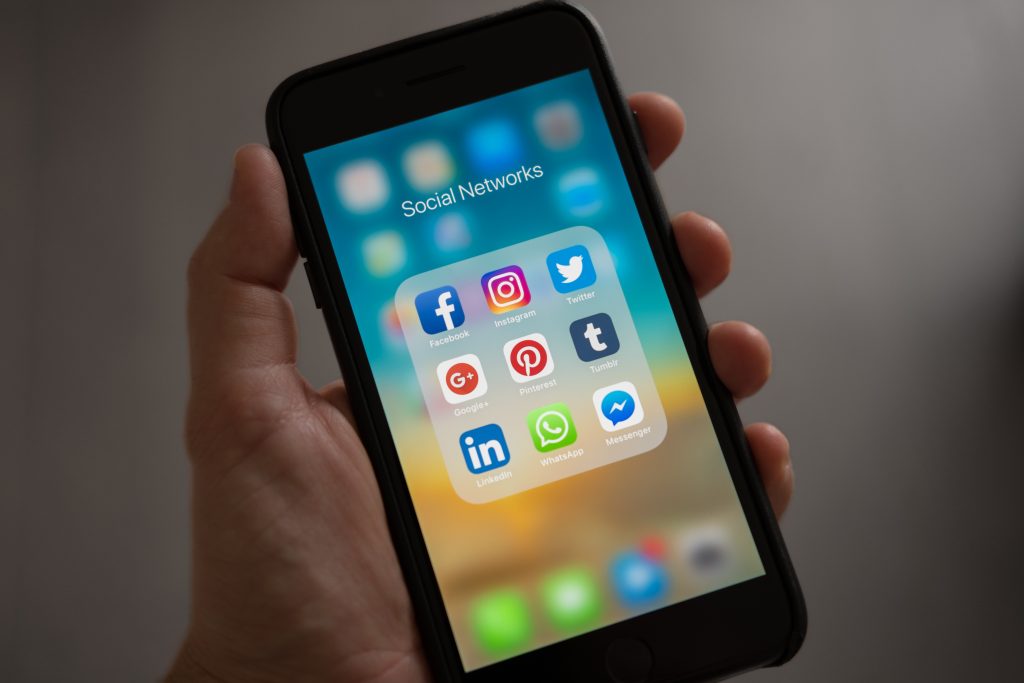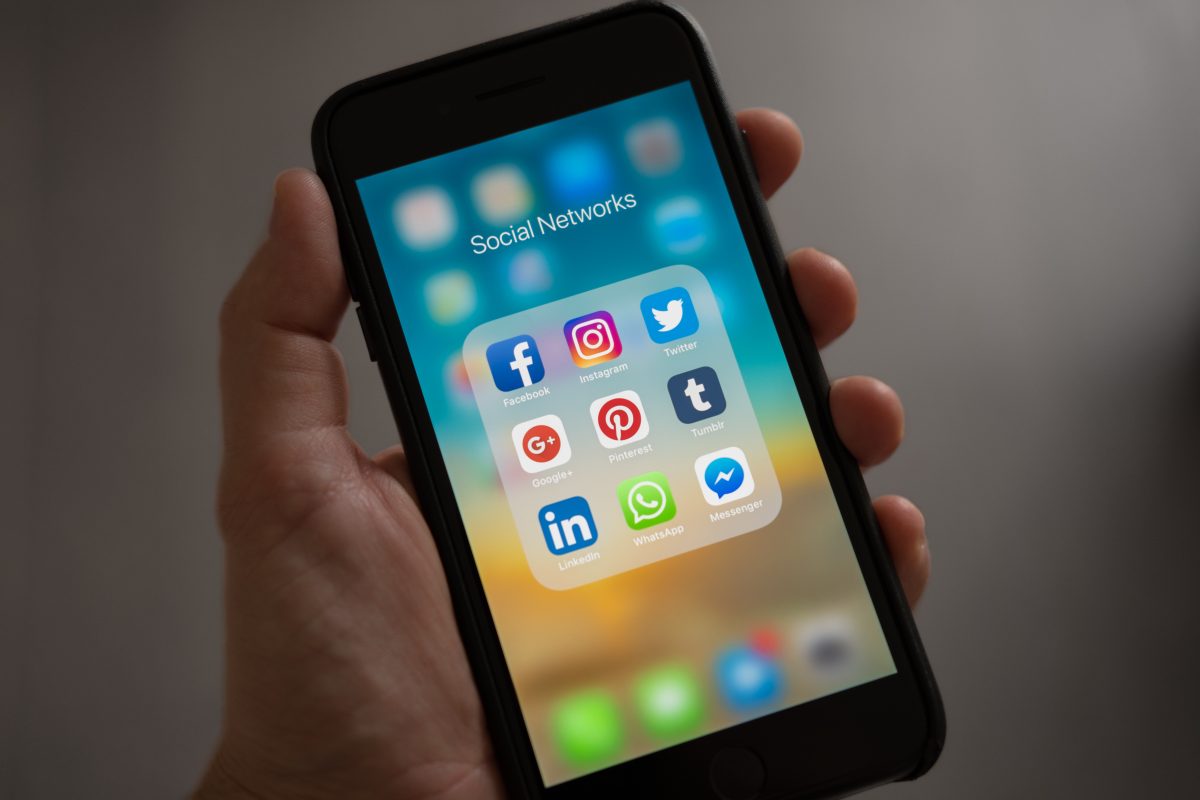 Technology is great, it’s been a wonderful tool, and it has brought people across the globe closer together. But it isn’t without consequence. Social media, for instance, can also manipulate your memory — and it might be what it’s doing right now while you browse your Facebook feed or Go through a few tweets or Instagram stories.
Technology is great, it’s been a wonderful tool, and it has brought people across the globe closer together. But it isn’t without consequence. Social media, for instance, can also manipulate your memory — and it might be what it’s doing right now while you browse your Facebook feed or Go through a few tweets or Instagram stories.
Social media has been at the front and center of studying human behavior. Why not when it does a fairly good job of manipulating your memory? In a study conducted by a research team led by Prof. Qi Wang, the conclusion was that posting certain events on their social media accounts helps people remember or recall specific instances. This points to a significant role in selective memory.
Why Do We Use Social Media in the First Place?
Social and emotional influences play an important role in media consumption and sharing behaviors. While knowing exactly why people post online, for example, is next to impossible, there are general motivations for doing so. These motivations include:
- Physiological needs – Benefitting the health and wellness of family and loved ones
- Safety – Mental, physical, and financial security are considerations for when people choose to post material on their social media
- Self-esteem – Satisfying the parts of the brain connected to its reward system
- Sense of belonging – Getting love or social acceptance
- Self-actualization – Sharing news of success and achievement, such as getting promoted or having a new milestone in life
So is social media harmful to the human brain? What’s certain is it affects the brain in unique ways, providing a mix of different stimuli to trigger various reactions. Here are several ways that using social media affects your memory, cognition, and overall brain function.
Activating the Brain’s Reward System
Positive attention affects multiple parts of your brain. For instance, amassing Facebook likes activates brain circuits involved in the brain’s reward system, such as the striatum and ventral tegmental areas. The VTA, for example, is responsible for determining the reward system in your body. So when you receive likes and positive feedback, your brain fires off dopamine receptors as partly facilitated by this part of the brain.
In separate research on the brains of adolescents who browsed Instagram, scientists found that viewing photos with many likes was linked to greater activity in the neural regions involved in reward processing, social cognition, imitation, as well as attention.
There’s a risk present here, however. Gambling, drug use, and other addictive behaviors rule over your brain’s reward system in a similar way. Social media usage is therefore a parallel that you need to be aware of to avoid the same detrimental effects.
Affecting Decision-Making and Emotional Processing
Social media stimuli can also affect your brain’s ability to make decisions and process emotions. In another study on adolescent brains, researchers saw that sections of the brain dealing with emotional and sensory processing reacted when the subjects felt excluded.
This means when social media users perceive that they are excluded from online groups or events, their brain reacts in these regions specifically, highlighting the effects of online social exclusion.
Creating Memory Deficits
Research shows that heavy use of social media is also associated with memory deficits, particularly in your transactive memory. This is involved in deciding what information matters to be stored in your brain along with what can be outsourced.
Social media is likely altering the memories you keep and you don’t. In a study, the subjects were asked to record an experience via their notes or social media. Another group was asked to experience the event without documenting it. At the end of the trial, the first group performed worse and exhibited a memory deficit, compared to those who didn’t record the details.
This meant externalizing an experience boded badly for the subjects’ memory since their brain received the message that it didn’t need to hold onto the information stored elsewhere. And while some people lost some memory of the experience, they also had long-term deficits in their brain size and function.
Scary, right? Not so much, if you make a conscious effort to control your social media habits and keep them moderate. While social media’s negative effects can quite literally shrink your brain and memories, you can prevent that from taking place by establishing healthier patterns and being an advocate of your own cognitive enhancement.
Keep posted for more news and features on brain enhancement and a thousand and one things that are happening to this wild and wonderful organ.

